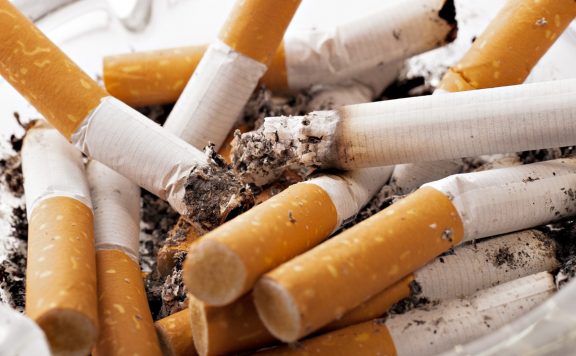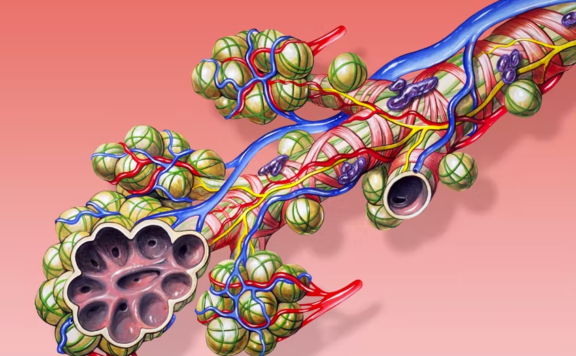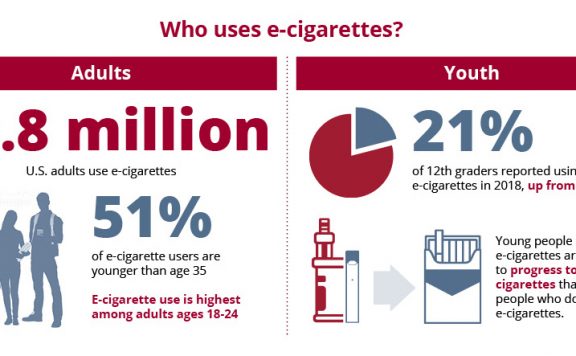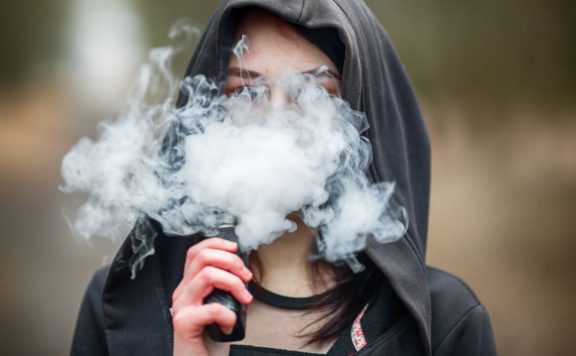Canada currently has a nicotine concentration cap of 66 mg/ml in all its vapor goods, but the parliament and leadership of the country intend to restrict the nicotine content of e-liquids to 20 mg/ml on all of the vapor goods and the distilled e-juice sold as a commodity in the country following the actions of similar steps taken by two provinces.
The cap proposed is for industrial e-juice and DIY tobacco sold in bulk quantities in Canada. However, manufacturers have the permit to produce higher quality and concentration for exportation. The cap is said to be a form of deterrence and a mitigation technique to the increasing number seen in the last few years of young people vaping. Authorities are responsible for the development of teenage vapours in high nicotine by allowing the sales and creation of pod-based devices in the country, devices such as JUUL.
Bodies like the Canadian Cancer Society and Canadian Pediatric Society have lobbied Santé Canada to regulate the amounts of nicotine and forbid it from using aromatic compounds in the manufacturing of vapors. It took two years for the regulators to start changing their positions, mainly because of a change in mindset inspired by the publishing of a disturbing paper by tobacco prevention expert David Hammond of the University of Waterloo.
The European Union’s 20mg/ml threshold since 2014 justifies the conservative rule on nicotine that’s being held by Health Canada (this was enacted and forced as one of the Tobacco Products Directive). An earlier meeting with Health Canada on vapour laws received numerous responses that backed the cap on nicotine for the country and vape limitation in many provinces.
The vapour industry trading community in Canada favours a nicotine cap as an alternative to the flavour ban that is currently going round in the EU. However, the national trading body has rejected the cap placed. At the beginning of this year, tobacco limits and flavours banned were placed by two provinces – Nova Scotia and British Columbia while Canada’s proponents want Health Canada to propose a nationwide ban.
A referendum on the new nicotine cap, including a public review period of 75 days, will be held and updated before implementation. Theoretically speaking, it is possible the government might end up with a lower yet impossible cap.
The consequences of this are expected to be huge on the industry but will specifically impact the manufacturers of pre-packed pads such as Juul and cigarettes. As Health Canada addresses the socio-economic implications that the litigation would have on all concerned, businesses that still market tobacco will recover some of their expenses when cigarettes are returned to certain smokers.
An absolute loss to the vapour industry, who are also tobacco products suppliers, may be minimized by substituting the sales from consumers who convert to adult smokers and rather smoke than settle for vape products at or below 20 mg/ml nicotine. The regulation is expected to deter not just minors but to see a drastic reduction in the consumption of tobacco in the country at large.







